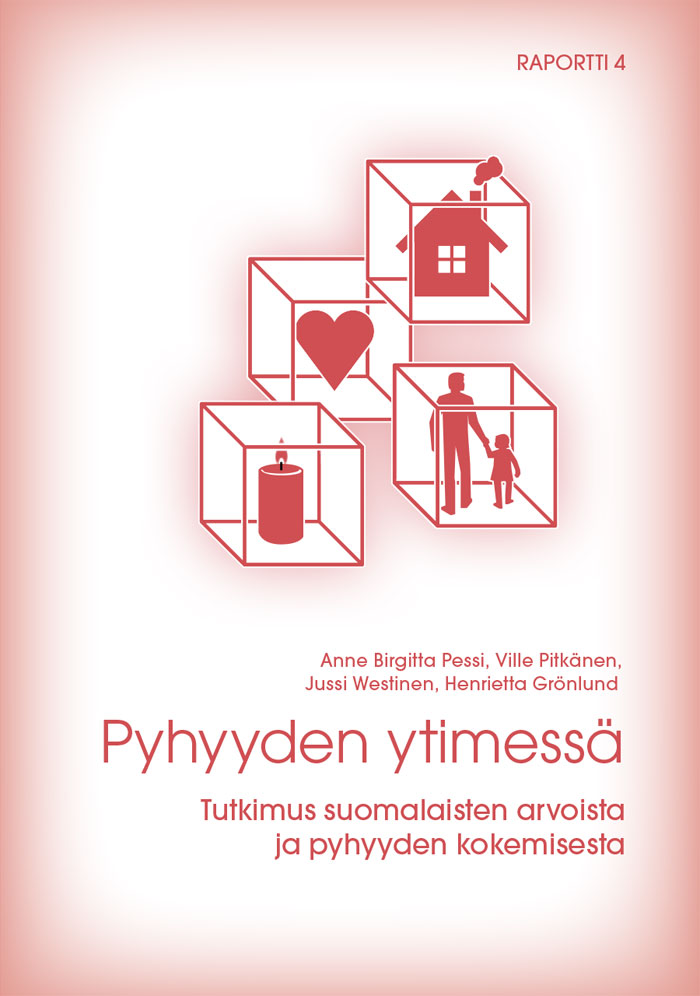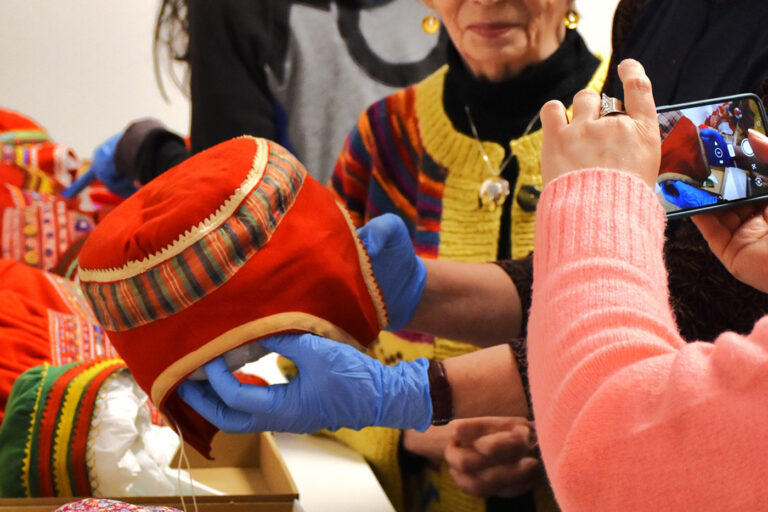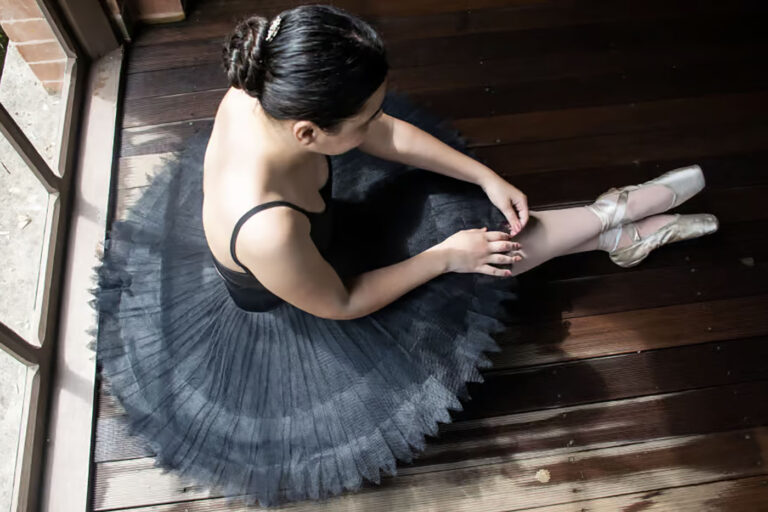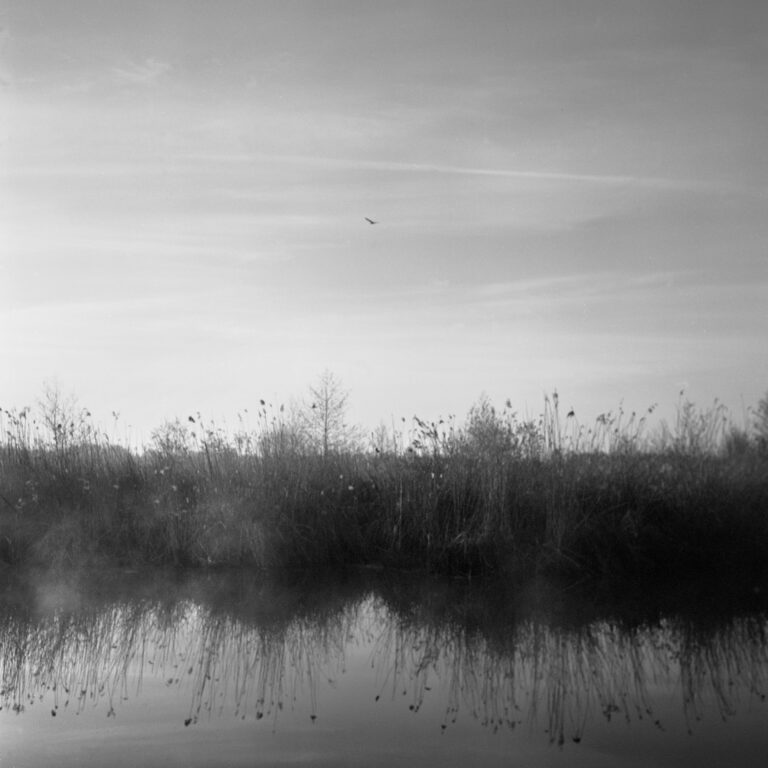Is the Finnish debate climate so heated because of the sacred values? New report on how Finns perceive sacredness
Most Finns hold these sacred: near and dear ones, love, peace, home, secureness and human dignity. There are also differences in the perception of sacredness. Regarding fatherland and human dignity, political stance plays a role, notes the fourth report in a study on identity, performed jointly by the Finnish Cultural Foundation and e2.


According to the report At the core of sacred. A study on Finnish values and perceptions of sacredness, church, religion and devotion are sacred to one Finn out of six.
– These are quite low numbers. We often associate sacredness especially with religion or religious institutions. However, many of the themes that people tend to hold most sacred are ones treasured by the church, such as love and peace, assesses Professor of Church and Social Studies Anne Birgitta Pessi.
The study, based on more than 6000 survey answers, was written by Professor Pessi together with researchers Ville Pitkänen and Jussi Westinen, doctors in social sciences at e2, and Henrietta Grönlund, University Lecturer in Urban Theology.
– A uniting treat is that practically every Finn holds something sacred. Also, most people gave quite versatile answers, and usually named between four and ten sacred values, Pessi emphasises.
The survey used a total of 17 categories, from which the respondents were able to choose the ones they consider to be sacred.
Every seventh Finn holds themselves and their opinions are sacred
One of the most surprising research results was that 14 percent of the Finns see themselves and their opinions as sacred. This is most common among people below 30 years of age (27 %).
– In the age of social media, everybody’s right to an opinion is accentuated. Perhaps the current climate of discussion is linked to the reality that some Finns consider their own opinions sacred, researcher Jussi Westinen ponders.
Sacred has different meanings to value conservatives and value liberals
The divide between value-conservative and value-liberal views is evident in politics and public debate. Differences extend to the perception of sacred. To 70 percent of those with very conservative values, Finland and its independence are sacred, but only 20 percent of the very value-liberal think alike.
Traditions, along with church and religion, are held sacred by nearly a third of the strongly value-conservative and a tenth of the strongly value-liberal.
Those with very liberal values have an above-average tendency to attribute sacredness to human dignity, individual freedom, science, art and culture. Among very value-conservative that is distinctly rarer.
– These differences may explain conflicts in public debate. What is a matter without interest to some, may be sacred and untouchable to others. Clashes occur when you don’t recognize what is sacred to other people, or if you offend them deliberately, researcher Ville Pitkänen reflects.
Political affiliation divides views on human dignity and fatherland
Finland and its independence are sacred to the majority of True Finns (70 %), Blue Reform (66 %), Centre Party (58 %) and National Coalition Party (56 %) supporters, but to a fourth of Left Alliance (23 %) and Green League (29 %) supporters.
The emphasis on human dignity, on the other hand, is high among Left Alliance (68 %) and Green League (65 %) supporters, compared to a third of True Finns (31 %) and Blue Reform (37 %) supporters.
Art and culture are most sacred to Left Alliance supporters, least to Blue Reform supporters
One out of five holds art, culture and music as sacred. Art is sacred to 36 percent of Left Alliance supporters, but to only 10 percent of Blue Reform supporters. In general, the sacredness of art is shared by left-wing supporters and liberals.
City dwellers (29 %), too, hold art, culture and music sacred more often than those living in sparsely populated rural areas (12 %). The age group most likely to name these values as sacred are those under 30.
All in all, the perception of sacred correlates only to some extent with gender, age, profession, education or domicile. Sacredness thus bridges over many demographical boundaries.
”At the core of sacred. A study on Finnish values and perceptions of sacredness” is the fourth publication of a research project focusing on identity. The research results are based on 6398 survey answers, gathered by Taloustutkimus between 5 Oct 2017 and 11 Jan 2018 through face-to-face interviews and web panels. The research project was planned, financed and carried out jointly by the Finnish Cultural Foundation and e2.
The research report will be published at Finlandia Hall on 12 December at 10 a.m. The event will be opened by Antti Arjava, Secretary General of the Finnish Cultural Foundation. A presentation of the results will be followed by a panel discussion with Jaakko Heinimäki, Editor in Chief at Kirkko & Kaupunki; Paula Laine, Director at Sitra, the Finnish Innovative Fund; and Tuire Santamäki-Vuori, Director at THL, the National Institute for Health and Welfare.
The report is downloadable in Finnish at www.e2.fi
For more information, please contact
Professor Anne Birgitta Pessi, Dr.(Theol.), tel. +358 41 544 3424, anne.b.pessi@helsinki.fi
Researcher Ville Pitkänen, Dr.(Soc.Sc.), tel. +358 40 777 0869, ville.pitkanen@e2.fi
Researcher Jussi Westinen, Dr.(Soc.Sc.), tel. +358 40 833 5799, jussi.westinen@e2.fi


